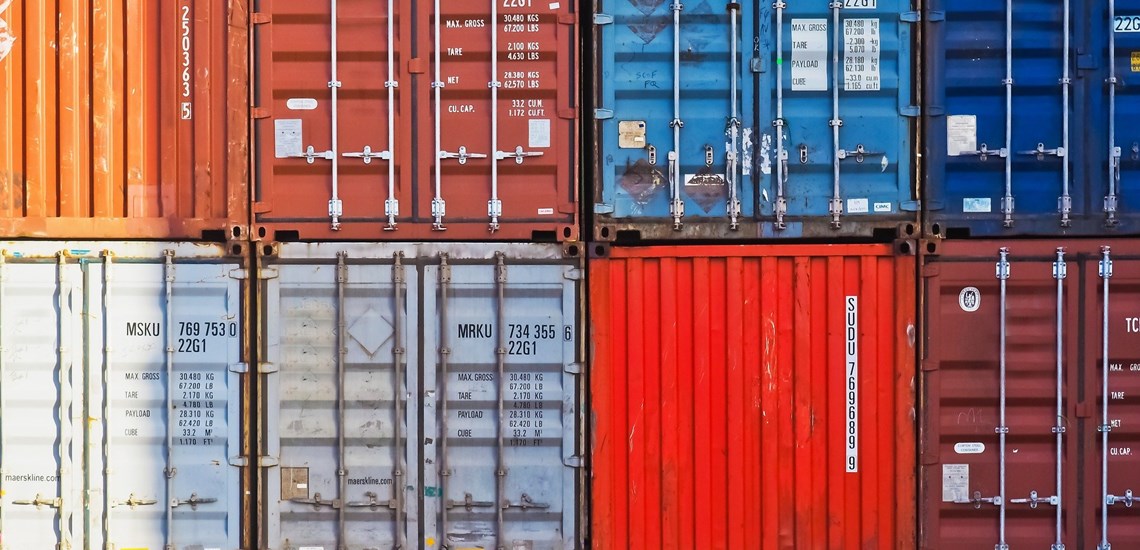On the 11th April, the European Commission tightened the rules on the shipping of waste in an attempt to ensure environmentally sound practices for recycling and disposal were secured
The aims of the latest regulations are to ensure that the EU does not export its waste challenges to third countries and contributes to environmentally sound management of waste. The rules will strengthen enforcement to prevent illegal shipments of waste occurring within the EU, as well as from the EU to third countries. Ultimately, the legislation will increase traceability of shipments of waste within the EU and facilitating recycling and re-use.
For EU States, different procedures will apply depending on the type of waste, its envisaged treatment and the destination country.
For all waste destined for disposal, or in the case of hazardous and most mixed waste destined to recovery, the prior notification and consent procedure applies. This means that an operator planning such shipments needs the prior consent of all authorities from the countries concerned (from origin to destination, including transit) before the shipment can take place. So shipping from France to Germany through Belgium would require approval from the French, Belgian and German authorities, for example.
For shipments of “green-listed” non-hazardous wastes within the EU and OECD for recovery, general information requirements apply. Any basic information on the waste that is shipped, like the quantity, treatment, origin and destination, must be made available before the shipment starts.
Up to this point the system will be as open to avoidance and evasion as it always has been, except, the new regulations to be fully implemented by 2027, will be moving away from a paper-based system to a centralised digital approach – this system is planned to be in place by 2026
With the new Regulation, procedures will move away from a paper-based approach to an electronic one. A central EU system will ensure the smooth operation of this exchange from May 2026.
Export of waste
A general ban on waste exports for disposal and a ban on hazardous waste exports for recovery to non-OECD countries continue to apply. Though it might be argued from anecdotal evidence that this rule has not always been followed in the case of exported tyres.
For OECD Countries, the same rules will apply when material is shipped into and across Europe. Overall, the procedural framework for exports to OECD countries outside the EU is very similar to the regime for shipments between Member States.
Specifically, regarding exports to OECD countries, trends will be monitored by the Commission. If there are concerns that certain exports are increasing and likely to cause environmental damage in the country of destination, the Commission will engage in dialogue with this country. Ultimately, such exports will be suspended if the waste is not managed in an environmentally sound manner.
Where waste is shipped from the UK, through Rotterdam or Antwerp, for example, there may well be implications for the carriers as technically, waste is being shipped through an EU State. We do not know for sure how the new rules will apply to temporarily imported materials.
For non-OECD states: In principle, exports of “green-listed” waste are prohibited. Such exports may, however, still be allowed for non-OECD countries, if certain conditions are fulfilled.
Non-OECD countries still willing to receive waste imports from the EU must notify the European Commission of their willingness and demonstrate their ability to treat this waste in an environmentally sound manner.
This suggests that the approval of the imposts should be at a governmental level, though from experience that may well be delegated to the importers.
A list of countries authorised to receive green-listed waste will be drawn up by the Commission based on the assessment of country applications and exports to countries that are not included will not be allowed.
Companies exporting waste from the EU will be asked to demonstrate that the waste will be treated appropriately in the destination country. There must be independent audits of the destination companies that certify that the waste is manages in accordance with what the EU calls an “environmentally sound manner”. It is not clear if that is to EU requirements of local requirements.
However, at the ETRA Conference, the DG Environment’s Mattia Pellegrini did state that the central management would have to approve the final destination, and that no exports would be permitted to any destination that was not approved by the European Union.
Source: European Commission


















